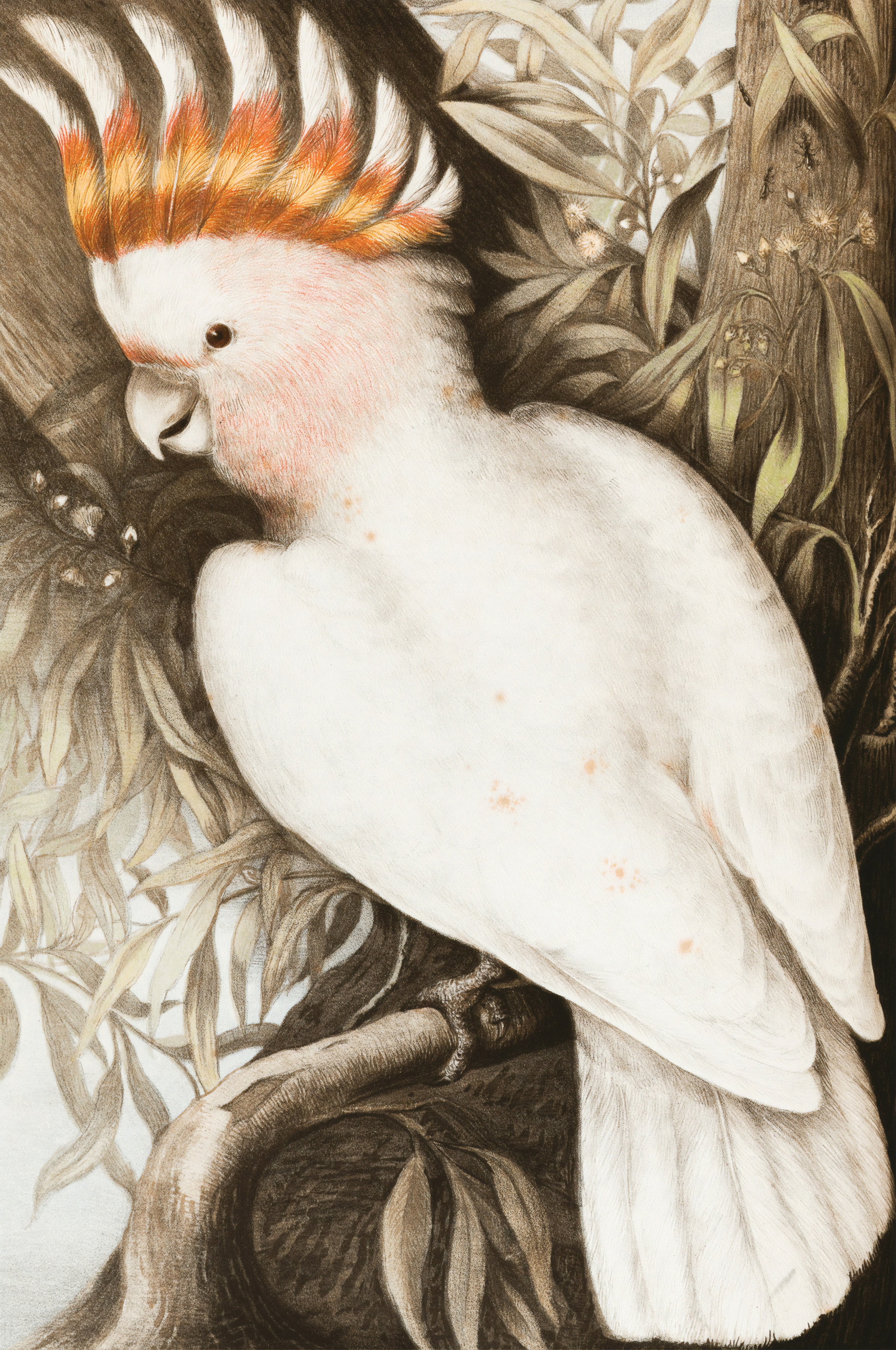Writing with the Australian Archive: Digital Posthuman Approaches to Australian Literature
Abstract
Non-Traditional Research Output (NTRO) Statement of Intent
Research Background
This practice-led research was written as part of a broader project into digital literary creative practice. This project explores the process of creating digital-born literature, i.e. works that depend on a computer to exist. It uses Italo Calvino’s Six memos for the Next Millennium as a means to produce digital literary works that renegotiate text and images through recombinant poetics.
Research Contribution
Building upon Natalie Harkin’s concept of archival-poetics, this work employs digital literary techniques to interrogate and navigate the Australian archive. The ‘icastic’ image of the camel is used to lighten and quickly navigate the posthuman weight of the archive. Following text-image practitioners such as W.G. Sebald and Ross Gibson, the initial ‘static’ work is reimagined using curatorial software, augmented reality, and recombinant poetics. This makes a contribution to both Australian archival studies and Australia digital literary practice.
Research Significance
The significance of this work is its use of the icastic image as a prismatic symbol to navigate the posthuman weight of the archive. If the archive is both problematic and posthuman, then such creative research techniques are requisite. Traditional scholarly approaches are limited, so the implementation of creative practice that employs Calvino’s values and digital technologies are necessary to interrogate the archive and address the ‘grave consequences’ (Derrida’s proviso) that result from challenging the processes by which the archive has been established.
Downloads
Published
Issue
Section
License
The copyright for articles in this journal is retained by the author(s), with first publication rights granted to the journal. By virtue of their appearance in this open access journal, articles are free to use with proper attribution in educational and other non-commercial sectors.Attribution-NonCommercial-ShareAlike 2.1 Australia
This work is licensed under the Creative Commons Attribution-NonCommercial-ShareAlike 2.1 Australia License. To view a copy of this license, visit http://creativecommons.org/licenses/by-nc-sa/2.1/au/ or send a letter to Creative Commons, 543 Howard Street, 5th Floor, San Francisco, California, 94105, USA.

